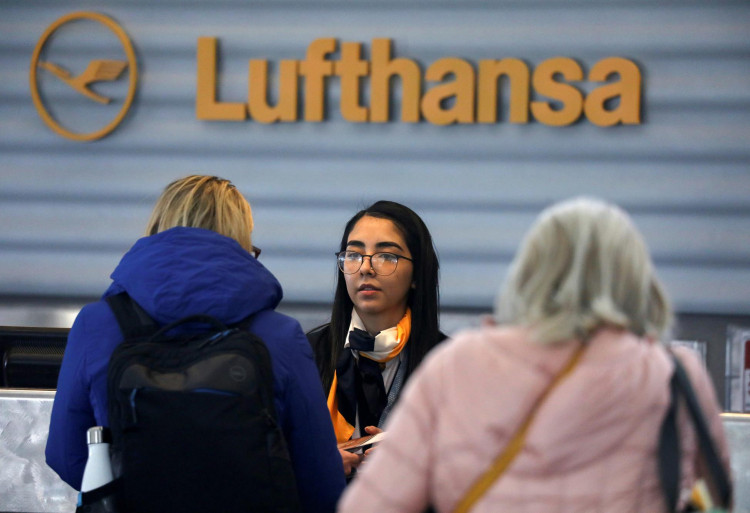Lufthansa's supervisory body has given the green light for a government rescue package worth 9 billion euros which will push the German carrier to give some of its most valued landing slots to its competitors.
The bailout underscores the latest phase in the intricate government rescue of the German airline, which has been ravaged by the pandemic's effect on the aviation industry.
Under the terms, a 20 percent stake in the airline would be held by the German government, which could increase to 25 percent plus one share in the event of an attempted takeover, as well as two seats on its supervisory committee.
With financial reserves shrinking, the Lufthansa board - spearheaded by chairman Karl-Ludwig Kley - voted in favor of the bailout and arranged a stakeholder meeting for June 25.
The board's approval was surprisingly delayed last week after members resisted demands by the European Union for slot allocations, an issue resolved in an agreement approved on Friday.
Investors will now have to decide whether to take a capital increase that will dilute their shares, or tip Europe's largest carrier toward insolvency. The company's management has disclosed to German officials and labor officials that it's cash reserve is only good until June 15, sources with knowledge of the situation revealed.
For the first 18 months, the airline slots which will be allotted through a bidding process, will only be made available to new players at the airports - existing firms will be able to place their bid as soon as the period expires. The slots are only available for European competitors that have not been granted government recapitalization in the midst of the global health crisis.
According to Kley, the road ahead for Lufthansa is a difficult one. The German carrier, which includes Austrian, Brussels, and Swiss Airlines, has been shedding about 1 million euros every hour since the pandemic swept across Europe, with 90 percent of the airline's fleet operations suspended and travel prohibitions still in effect in most of the continent.
Lufthansa chief executive officer Carsten Spohr stated that brining the company to its normal condition is not an end in itself, and that the carrier will do its best to maintain its prime status in global air service together with the German government.
Lufthansa, which stated that it would release its earnings results in the first three months of the year on June 3, added that it is clear that international air traffic will not return to pre-Pandemic levels in the near future.






